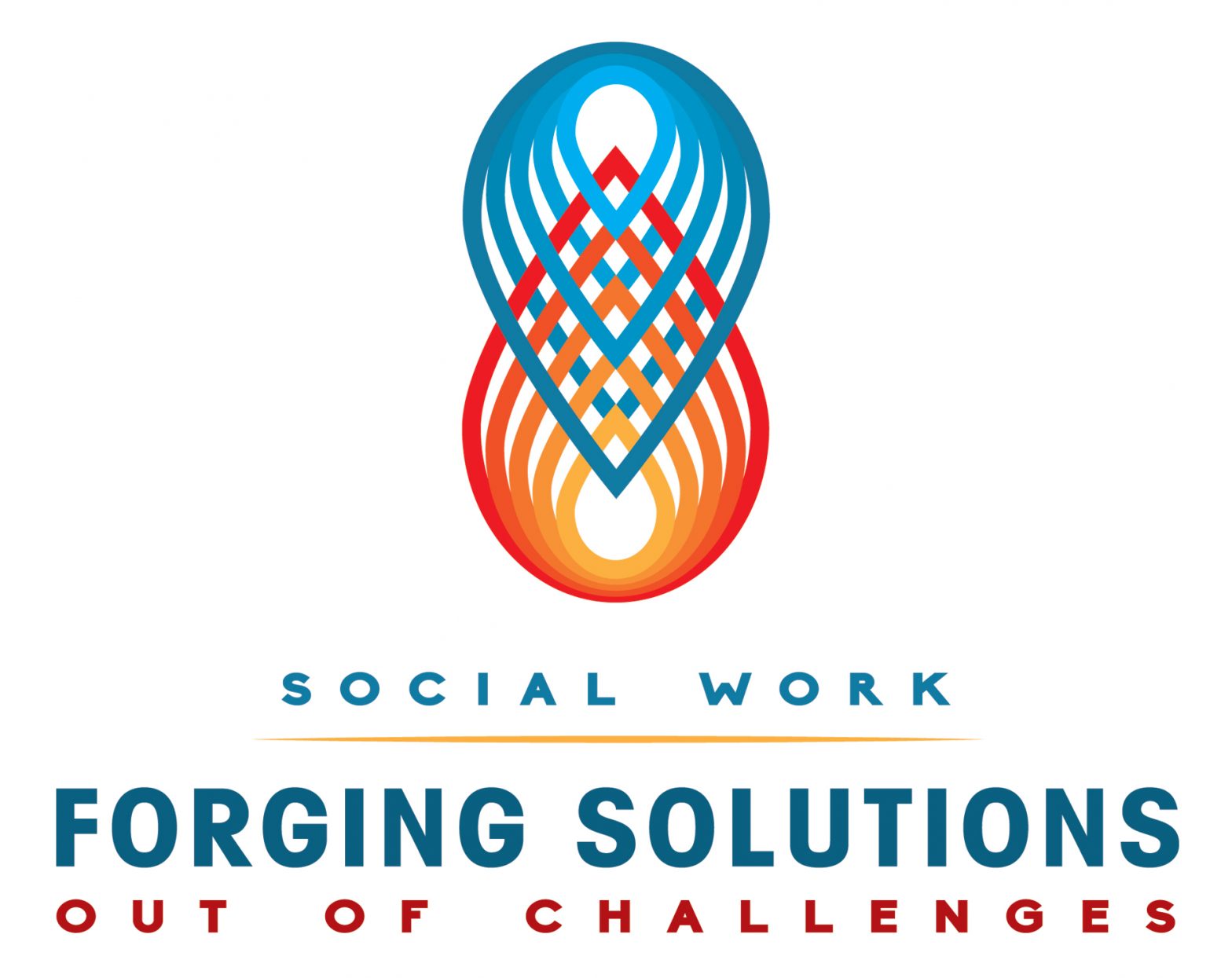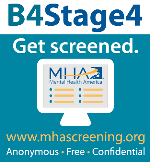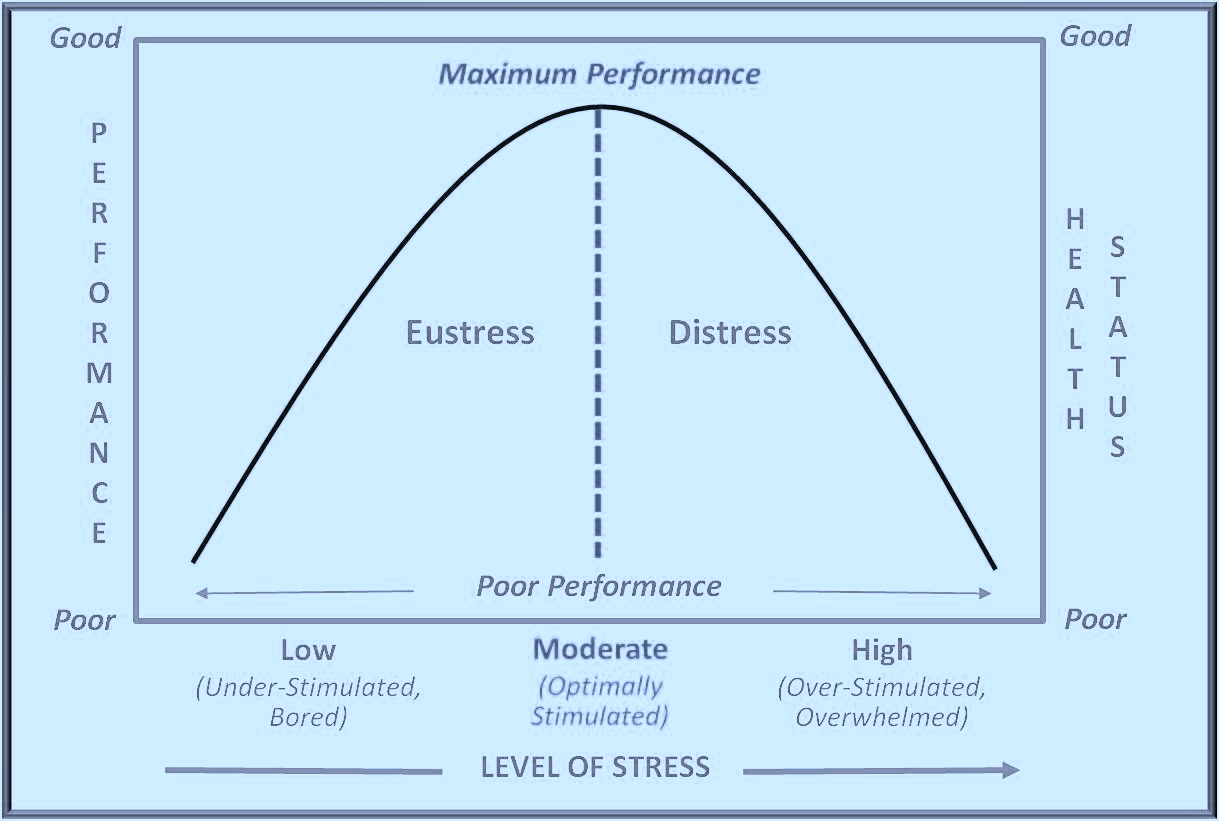
8 years ago · Leah Fogt · Comments Off on “Forging Solutions out of Challenges”
“Forging Solutions out of Challenges”
Every March the Social Work Profession celebrates Social Work Month as a time to raise public awareness about the role of social workers, research current social issues, promote social change and solutions, and support the growth of the profession. This year’s theme is “Forging Solutions out of Challenges” – a concept at the core of every good Social Worker’s practice.
There are a lot of myths about Social Work. Chances are you have been or will be served by a social worker at some point in your life. (If you are my client, you already ARE working with a social worker!)
Here are some things you might not know about the Social Work Profession:
- The primary mission of the Social Work profession is to enhance well-being and help meet the basic needs of all people, especially the most vulnerable in society.
- Social Work is one of the fastest growing careers in the United States with more than 640,000 members of the profession.
- Social Workers work in all areas of our society to improve happiness, health and prosperity, including in government, schools, universities, social service agencies, community programs, the military, and mental health and health care facilities.
- Social Workers have helped this nation live up to its ideals by successfully pushing for equal rights for all, including women, African Americans, Latinos, people who are LGBTQ and various ethnic, cultural, and religious groups.
- Social Workers have helped people in this nation overcome racial strife and economic and health care uncertainty by successfully advocating for initiatives such as Medicaid, unemployment insurance, workplace safety, Social Security benefits, the Civil Rights Act, the Voting Rights Act, and the Affordable Care Act.
- Social Workers are the largest group of mental health care providers in the United States and daily work to help people overcome depression, anxiety, substance abuse and other disorders so they can lead more fulfilling lives.
- The U.S. Department of Veterans Affairs employs more than 12,000 professional Social Workers and Social Workers help bolster our nation’s security by providing support to active duty military personnel, veterans, and their families.
- Thousands of child, family and school Social Workers across the country provide assistance to protect children and improve the social and psychological functioning of children and their families. Social Workers help children find loving homes and create new families through adoption.
- Social Workers in schools work with families and schools to foster future generations by ensuring students reach their full academic and personal potential.
- Social Workers work with older adults and their families to improve their quality of life and ability to live independently as long as possible and get access to quality mental health and health care.
- Social Workers have helped the United States and other nations overcome earthquakes, floods, wars and other disasters by helping survivors get services such as food, shelter, and health care and mental health care to address stress and anxiety.

Leah Groshek, LISW-S, CTP
My favorite thing about being a social worker is that on a regular basis I am able to see every-day people achieve amazing things despite challenges or adversity. I am proud that my profession is centered on identifying, mobilizing, and building upon the strengths that already lie within ourselves, our families, and our communities. As human beings, we have what it takes to do incredible things, and my job is to help awaken that potential in each person I serve. Especially as a therapist and Certified Trauma Practitioner, I am often amazed by the magnificence of human resilience I witness in my clients. I am honored to support individuals’ ability to heal from the past and pursue a life-giving future.









